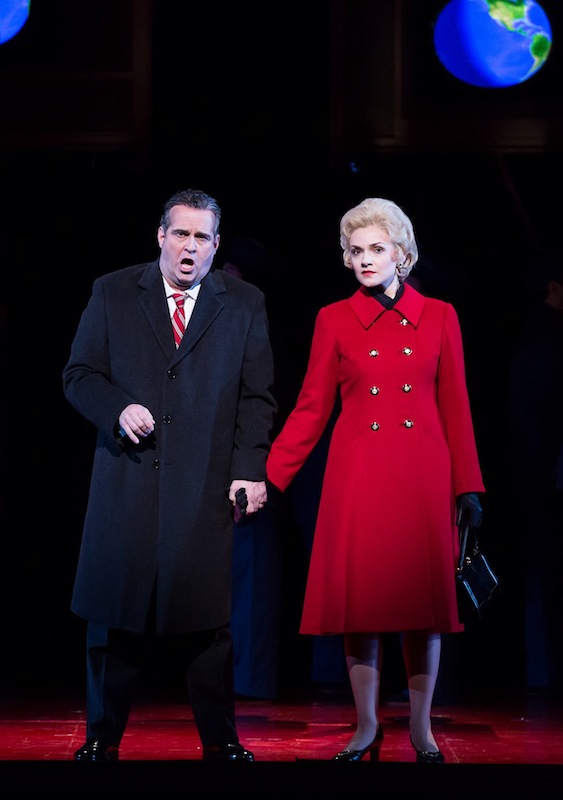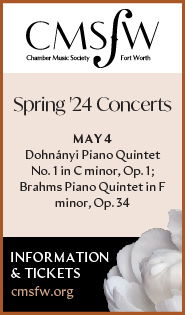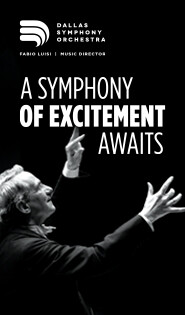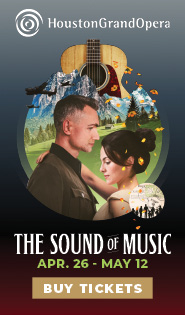Inspired cast makes HGO’s “Nixon in China” a return trip worth taking

Scott Hendricks and Andriana Chuchman as Richard Nixon and Pat Nixon in Houston Grand Opera’s production of John Adams’ “Nixon in China.” Photo: Lynn Lane
It’s too bad that more performances can’t have lead-ins like this. As the audience filtered into the Wortham Theater Center on Friday night, the curtain was up and the stage lit. A woman in a Chinese peasant costume — signaling the locale of John Adams’ Nixon in China — slipped onstage and began a tai chi routine. One by one, more people in Chinese attire entered and joined her slow, unison exercise.
Well before the house lights went down, Houston Grand Opera’s audience was seated and quiet: The meditative exercise onstage had drawn in the viewers, a model of how to grab and sustain an audience’s focus.
Thus did stage director James Robinson set the scene for HGO’s 30th anniversary staging of Nixon in China, which had its world premiere in the same theater in 1987.
Getting chatty operagoers settled down ahead of time suits Nixon especially well. After the subdued, hypnotic prelude, Adams’ orchestra unleashes floods of sound that hardly slack off through the entire first act: In his memoir, Hallelujah Junction, Adams recalls coming to Houston for the premiere and dealing with orchestral sonorities that are “burly beyond belief.” That makes a few moments of pre-opera repose all the more valuable.
HGO is giving Nixon its first performances in Houston since that musically historic debut.
Rather than bring back the original Peter Sellars production, the company has turned to Robinson’s well-traveled 2004 version, premiered by Opera Theater of St. Louis. If Air Force One’s arrival is Sellars’ iconic image, Robinson produces his own coup de theatre at the same point. Rather than Nixon’s aircraft, a bank of larger-than-life television sets — 12 of them — descends into view, showing images of the approaching plane.
The old-school console TVs remain in sight through most of the performance, and they play a role of their own: As film from the actual 1972 trip and other periods unfolds on their screens, they make the media into a virtual character in the opera, broadcasting Nixon’s East-meets-West voyage to the world.
HGO’s cast, headed by baritone Scott Hendricks in his role debut as the former president, stands up confidently against the waves of orchestral sound and the murderously high vocal lines.
Nixon’s first-scene soliloquy on TV exposure goes right to the point Robinson’s production makes, and Hendricks launched into it Friday with a ring, security and vigor that made Nixon’s excitement about China palpable. From his first, stiff wave at the top of the airplane’s stairs, Hendricks’ gestures — crisp but cramped — also conjured up the real president’s awkwardness. As Nixon met with Mao and offered toasts at a banquet, Hendricks delivered Nixon’s proclamations with gusto, little daunted by the music’s high range. When the orchestra fleetingly throttled back and gave him leeway, he lent more wistful touches to Nixon’s reminiscences of happy times serving burgers to his fellow soldiers during World War II.
Tenor Chad Shelton’s vibrant, stentorian tones not only cut through the orchestra but enabled Chairman Mao’s declarations to exude the in-your-face assurance of the onetime revolutionary and longtime ruler of millions. Only rarely was Shelton challenged by the role’s tessitura — and even then, the vocal effort lent Mao a manic edge that may have had its own dramatic truth. Shelton also switched adroitly from projecting the aged Mao’s feebleness in Act 1 to stepping lightly in Act 3, when the rejuvenated Mao dances his wife.
As Madame Mao, soprano Tracy Dahl cut a fearsome figure, vocally and visually. Performing despite a cold, according to a pre-curtain announcement, she flung out Madame Mao’s stratospheric Act 2 aria with brilliance and just the ferocious precision it demands. When Madame Mao invoked her husband’s power in Act 2’s fire-and-brimstone finale, Dahl wielded the Little Red Book as if she were brandishing a weapon.
Baritone Patrick Carfizzi also cut loose when he got the chance. As Henry Kissinger, turned by Adams into a butt of satire, Carfizzi was serious but roly-poly. As the villain of Act 2’s communist ballet, though, he bellowed and strutted with glee. Sean Curran’s swirling choreography created a visceral confrontation between the Marxist view of good and evil, and dancers Kaitlyn Yiu and Evan Copeland were dynamic protagonists.
Nixon in China’s more personal side comes mainly through Pat Nixon, and soprano Andriana Chuchman’s warmth and poise brought her to life. When the First Lady imagined her fellow Americans back home, Chuchman’s lustrous, tender singing provided some of the few moments of charm that the opera allows.
Sometimes the orchestra nearly enveloped her, though, and at times did drown out out baritone Chen-Ye Yuan, who played Chou En-Lai. Though his dignified bearing and soft-grained tone counterbalanced Mao’s aggressiveness, Yuan only came into his own during the opera’s closing moments, when the orchestral part finally grew transparent. His gentleness and subtlety lent poetry to Chou’s musings on what the future might make of the powerful men’s deeds.
Hendricks and the other principals, guided by director Robinson, also brought out the humanity in characters who spend much of their time acting out roles on the world’s stage.
The Houston Grand Opera Orchestra, led by Robert Spano, played untiringly. Hefty sound and bustling energy poured out through entire scenes, and the group unleashed some thunderous climaxes. But even when the singers held their own, and certainly when they didn’t, it often seemed that Spano should have been able to rein in the orchestra more than he did — despite Adams’ acknowledgment that the problem is built-in.
Sometimes chugging keyboards or fluttering woodwinds would nearly outdo the singers. Then again, maybe Adams should have revised the score to fix the problem himself. During the meeting of Nixon and Mao in Act 1, the three secretaries echoing Mao’s words — Yelena Dyachek, Megan Mikailovna Samarin and Zoie Reams — were practically inaudible.
But the Houston Grand Opera Chorus had no such trouble. Its unity and heft might have been a collectivist’s ideal. The group narrated the ballet crisply and let fly with resounding cries of “Cheers!” to cap off the banquet. But it was most compelling in the opera’s opening, as it quietly intoned Mao’s sayings. Some choruses have made this into almost pitchless mush. But the HGO group’s smooth, precise singing gave Adams’ shifting harmonies a touch of the otherworldly. Maybe the tai chi helped.
Nixon in China runs through Jan. 28. houstongrandopera.org; 713-228-6737



Posted Jan 23, 2017 at 9:18 pm by Joe Bix
Are the voices being amplified in this Houston production? It did not seem so.
The TV screens may have worked for the first 10 rows but further back they were indecipherable and in the final act the “Kissinger” TV that went to static was most distracting.